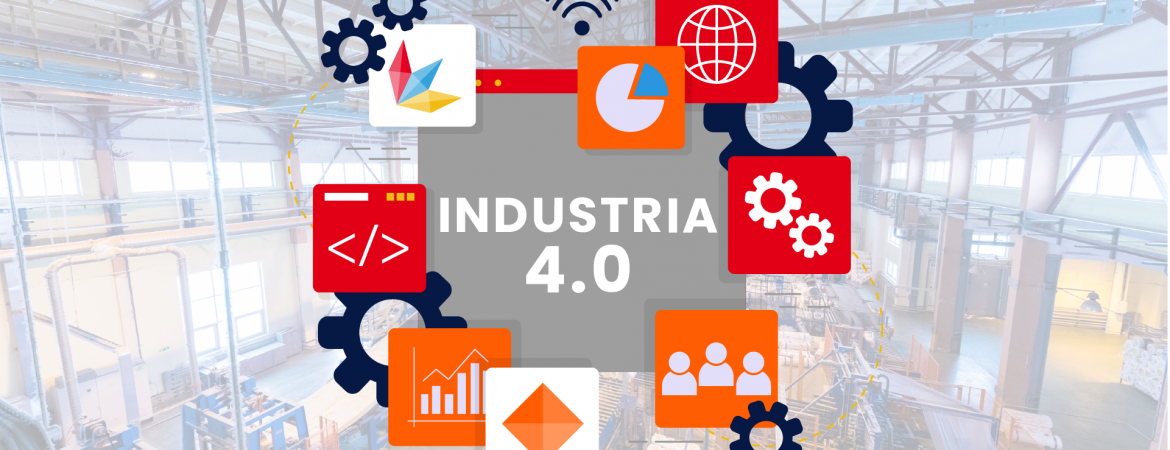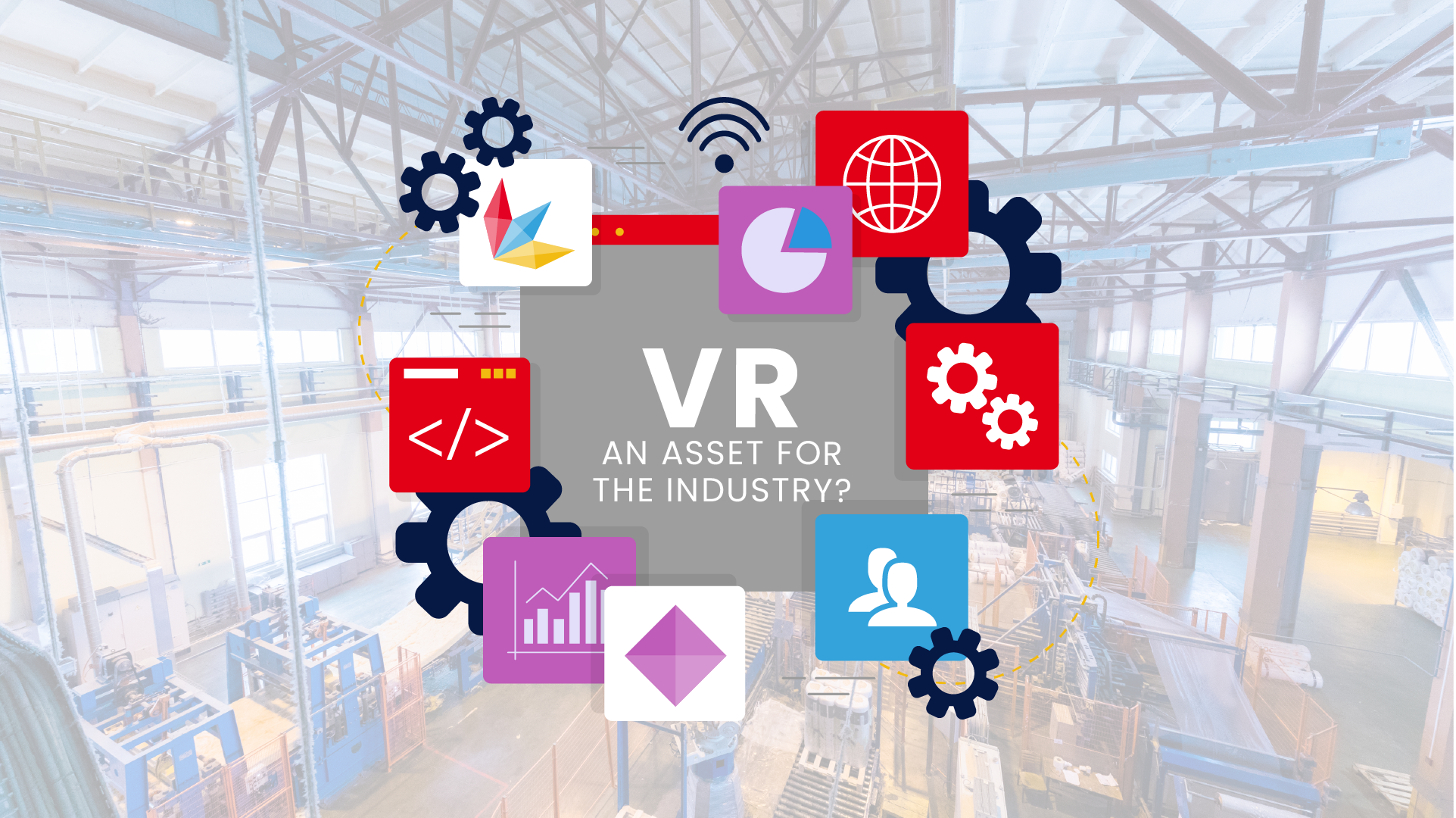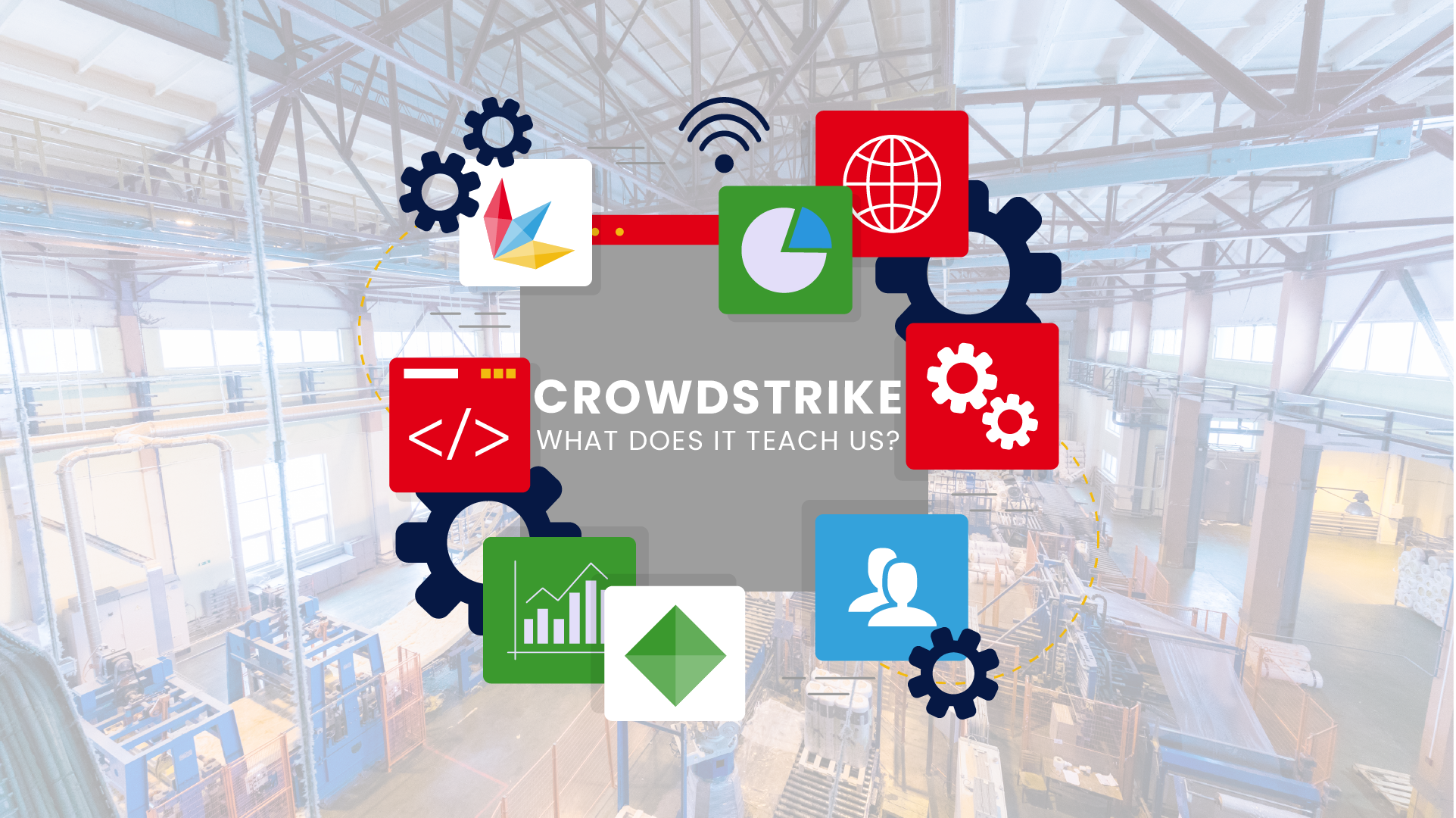Implementing Industry 4.0 technologies is not always simple. It involves not just a new piece of machinery but a different way of thinking about production. So, what can you do to be prepared?
The importance of industry 4.0 for SMEs
Industry 4.0 offers unprecedented opportunities to improve the efficiency, quality, and competitiveness of SMEs. Technologies like data integration (ERP/MES), artificial intelligence, advanced robotics, and cyber-physical systems can transform production operations, making them more flexible and responsive to market needs. Today, this is essential to remain competitive.
First steps
The first step is to assess the current state of your company. This includes an analysis of existing infrastructure, staff skills, and operational processes. Based on this assessment, a strategic roadmap should be developed that identifies the implementation phases, costs, and expected benefits. A key element is management support, which is essential to drive change and ensure alignment with strategic objectives.
Adopting the right technologies
It’s crucial to identify the technologies that are right for you because it’s easy to be tempted to adopt everything. Among these, data integration via ERP and MES, predictive maintenance, and the use of advanced sensors and data analysis systems are considered “low-hanging fruits”—technologies that offer high benefits with relatively low complexity. These technologies can immediately improve efficiency and productivity, facilitating the transition to more complex systems like artificial intelligence and advanced robotics.
Training: an essential element
The success of implementation largely depends on the involvement and training of personnel. SMEs must invest in continuous training to develop the skills needed to manage new technologies. This not only improves internal adoption but also helps overcome resistance to change, fostering a corporate culture more open to innovation.
Continuous monitoring and improvement
Once implemented, Industry 4.0 technologies require constant monitoring to ensure they are producing the expected benefits. This includes real-time production data analysis and the use of predictive models to anticipate and resolve potential issues. A continuous improvement approach allows SMEs to quickly adapt to market changes and constantly optimize their operational processes.
A bright future?
Adopting Industry 4.0 in SMEs is not only a necessity to remain competitive but also an opportunity to radically transform the way they operate. By following a structured framework that includes an initial assessment, the adoption of key technologies, personnel training, and continuous monitoring, SMEs can overcome the challenges of digitization and fully exploit the benefits of Industry 4.0.
Need to structure a path to take your company to the next level? Don’t hesitate to contact us.



